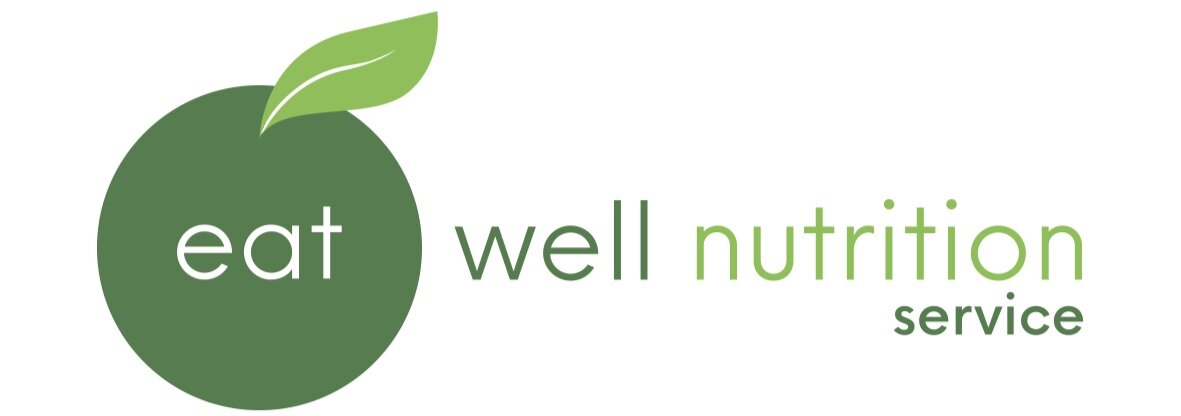Overweight and Obesity: Restrictive diets are not the answer
Overweight and obesity during middle age is linked to many chronic health problems, however, many people are unaware that being overweight in later life is associated with better health outcomes. It may be protective, improve survival from illness and increase length of life. Putting an older person on a restrictive diet to promote weight loss may actually be more harmful than beneficial to health. Being overweight or obese is linked to better survival for older people with a number of chronic medical conditions including renal failure, chronic heart failure, chronic obstructive airways disease, cancer, rheumatoid arthritis and liver cirrhosis.
The healthy weight range for people over 65 years is higher than that for younger people. Being heavier and avoiding significant weight loss is important due to the following:
A higher weight can mean a higher muscle mass, important for strength and better balance to prevent falls.
Preservation of muscle mass is equally important, residents with high body fat levels can often have only have a small muscle mass beneath this fat, maintaining weight helps preserve muscle mass.
Maintaining bone mass; for stronger bones and reduced risk of fractures
A good store of fat provides an energy reserve, which is useful if a resident is suffering from an illness or on medications that reduce appetite and nutritional intake for a period of time.
Despite the benefits of extra weight, sometimes being obese can reduce a person’s ability to move about and perform personal care (such as bathing), or may contribute to poor blood sugar control. In these cases, input from the facility Dietitian and a very gradual weight loss can be the best solution.
Here are some nutrition tips for overweight residents:
Encourage residents to eat regular, nutritious meals. Include vegetables and fruits, breads and cereals, dairy foods and meats or alternatives including fish, chicken, eggs and lentils. These provide nutrition to promote good health.
Discourage snacking on cakes, biscuits, lollies, chocolate, chips and soft drink. These foods are high in energy (kilojoules) but do not contain the vitamins, minerals or protein the body needs to keep healthy and help maintain muscle.
Involve family members in promoting healthy eating. Encourage them to bring in treats of fruit, flowers or magazines rather than high-sugar snacks, such as biscuits and chocolates.
Regular walks and physical activity can help to maintain a healthy weight. Speak to your physiotherapist for advice to assist in maintaining muscle.
Being overweight has advantages for survival and remaining independent. Older people lose weight rapidly if they have an episode of being unwell and once lost, the weight can be difficult to regain. For this reason weight loss in frail older overweight people is not beneficial and restrictive dieting is not recommended. Eating a nutritious diet, not less, is the best approach for residents who are overweight.
